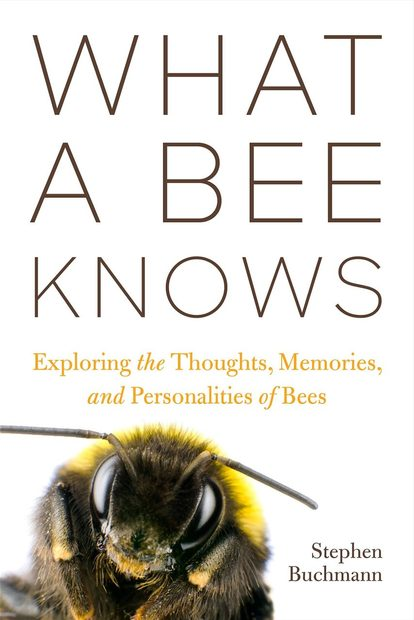Web 2.0: We Start to Doubt En Masse
The whole Elon Twitter Thing has been quite a Thing these last few months. I’m sure this time next year this story (and quite possibly Twitter itself) will be a distant memory, but here in December 2022 the fast moving train wreck asserts itself:
- It turns out Elon Musk is just another billionaire narcissist, as laid out in this excellent piece from Linette Lopez. This mostly makes me sad, because in a world of bad news here was a visionary that took on Big Auto (Tesla finally got EVs on the map), Big Energy, and the military-industrial complex, and against all odds, appeared to be winning. I wanted to believe, but as Linette explains, it is part of his shtick.
- Through his words and actions Mr. Musk has driven half the top 100 advertisers from the platform last month, with a trend that keeps accelerating with each new poll or edict. The blowback is also cratering the Tesla share price, and it is all of his own volition. Maybe it is some cunning tax write-off (but I don’t believe billionaires and taxes are used in the same sentence).
It all adds up to: would you take a ship to Mars from this man?
The result in just a few weeks was a wholesale migration away from The Bird Site. Twitter was definitely a dumpster fire hellscape populated by perpetually bitter people, but it was really useful when something was going down, like, for example, an earthquake: “did you feel that?”. And let’s not forget world events, such as the Arab Spring, or #MeToo. Like many others, I ended up on Mastodon, swapping tweets for ‘toots’.
As we shall see, Mastodon is a big step away from 20 years of centralised Web 2.0.
But before we do that, there were a few other happenings recently that put the centralised Web on the nose; namely, hacks. Big ones. In Australia in October we watched in rapid succession as the #2 telco, the biggest health insurer, and even the tax office, announced your private details and medical afflictions were for sale on the Dark Web. Medibank at first said they would ‘get your data back’, and then that they would ‘hit back’, further showing their lack of understanding of How This Works. The telecomm provider Optus at first said this was a ‘sophisticated attack’ but really… Real customer data was used in their unencrypted, unprotected test network. Any port scanner could have found it and exercised the API.
Of course every time you must deal with Big Whatever you need to give a little bit of your identity to them to add to their ginormous honeypot. Apple is on the right track, where these details stay on your phone and even they cannot access them, even for the FBI.
So how does this relate to Mastodon?
I seem to recall trying this alternative social microblogging platform a long time ago, but Wikipedia says it has only been around since 2016. Of course, time dilation has been messing with our sense of When for a few years, with the pandemic and how world events keep coming. I personally blame the Large Hadron Collider :).
Mastodon does things differently, the main one being the concept of a ‘fediverse’.. many smaller servers, catering to special interest groups, linked together. You pick a server that sounds like you, set up an account, and start following, “boosting”, and publishing. There are no algorithms (my number one complaint about Twitter was that I followed people because I was interested in what they had to say, and they never appeared in my feed.. even though their account said they posted messages in the past day). There is no monetary incentive on Mastodon to gather ‘likes’, or be ‘an influencer’. How refreshing.
The servers are run by devoted individuals, who are undoubtedly snowed under right now. For the moment, no trolls = humans that can spell.
Federation means decentralization.. branch offices who are smaller cyber targets, and can run independently if bad decisions are happening elsewhere. They may ask for a few donations to keep the lights on, but by and large, are still non-for-profit. This is evolving quickly, however, no one can buy it all.
Is Mastodon the end game?
No, it is a step towards fully distributed networks. The concept of decentralized versus distributed networks was first published in 1964 by the Rand Corporation. A good example of distributed networks is Bittorrent. Think grid computing, like when you are searching for extraterrestrials. Every file sharer has their own node, and the file doesn’t make sense until the last chunk arrives.
A more versatile, more salient expansion of this concept is Holochain, which goes to beta in January. Despite the name, it is not a blockchain, there is no need for global consensus (I used to give talks to ask “why would a plumber in South Africa need the records of a baker in Belgium?”).. each application has its own chain, its own network. Kind of like the Mastodon fediverse, but even more atomic.. no poor overworked admins. And Holochain devs are working on web2 substitutes, including a Twitter replacement.
The future will not be centralized. Watch 2023 for Holochain, and check out an AMA from a few days ago with the founders.
Disclosure: I have been working with Holochain in startups and was a community manager from 2018, until physical Meetups stopped in 2020.




Comments
Post a Comment